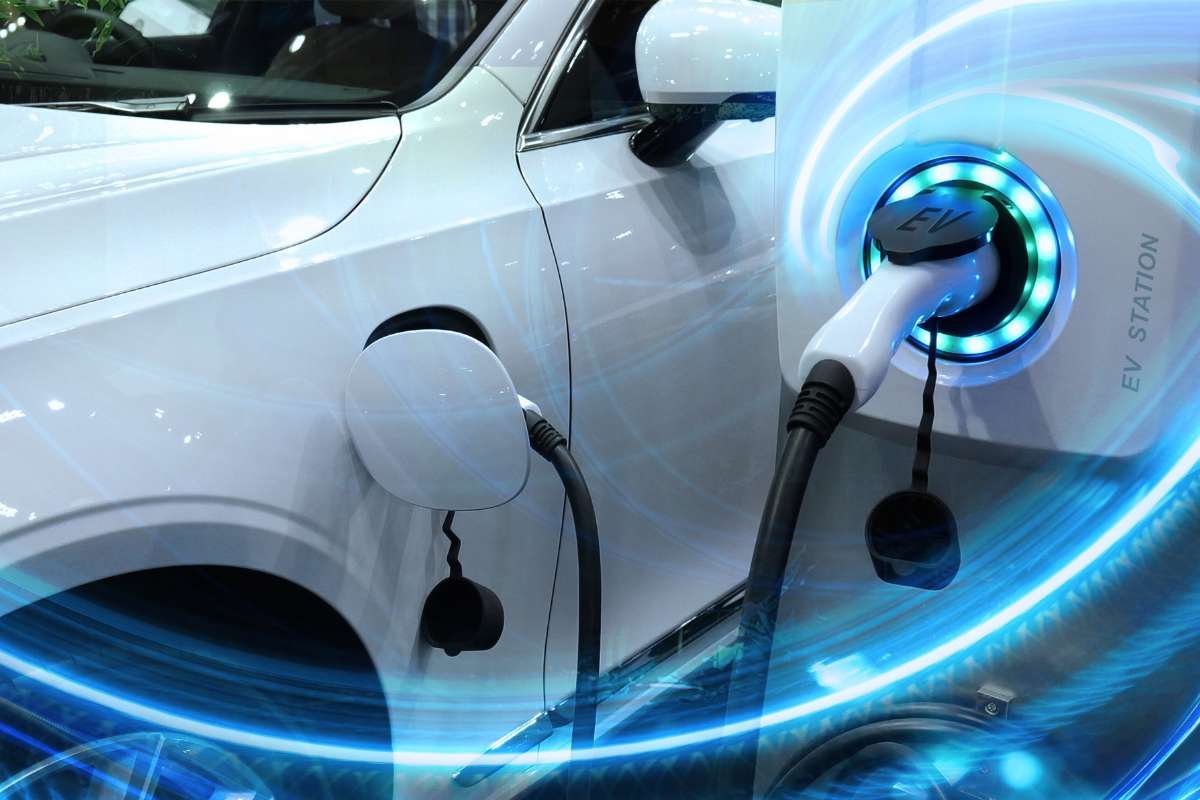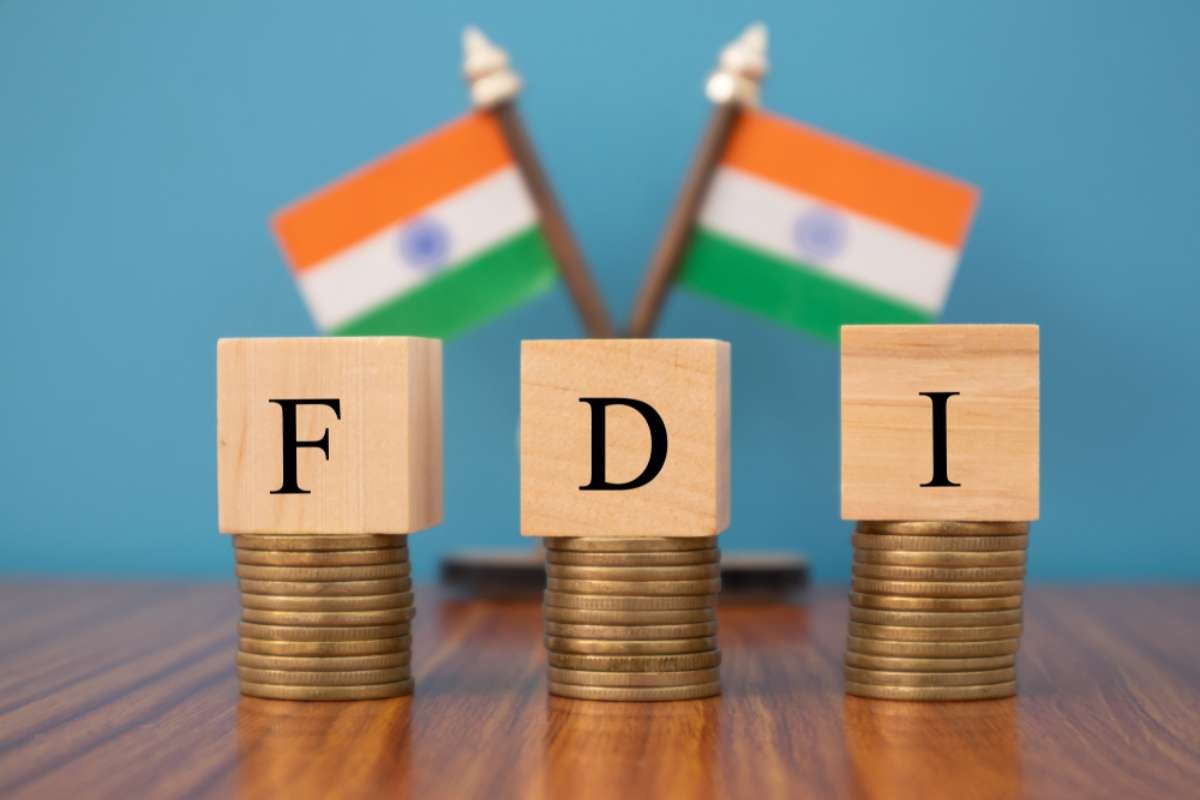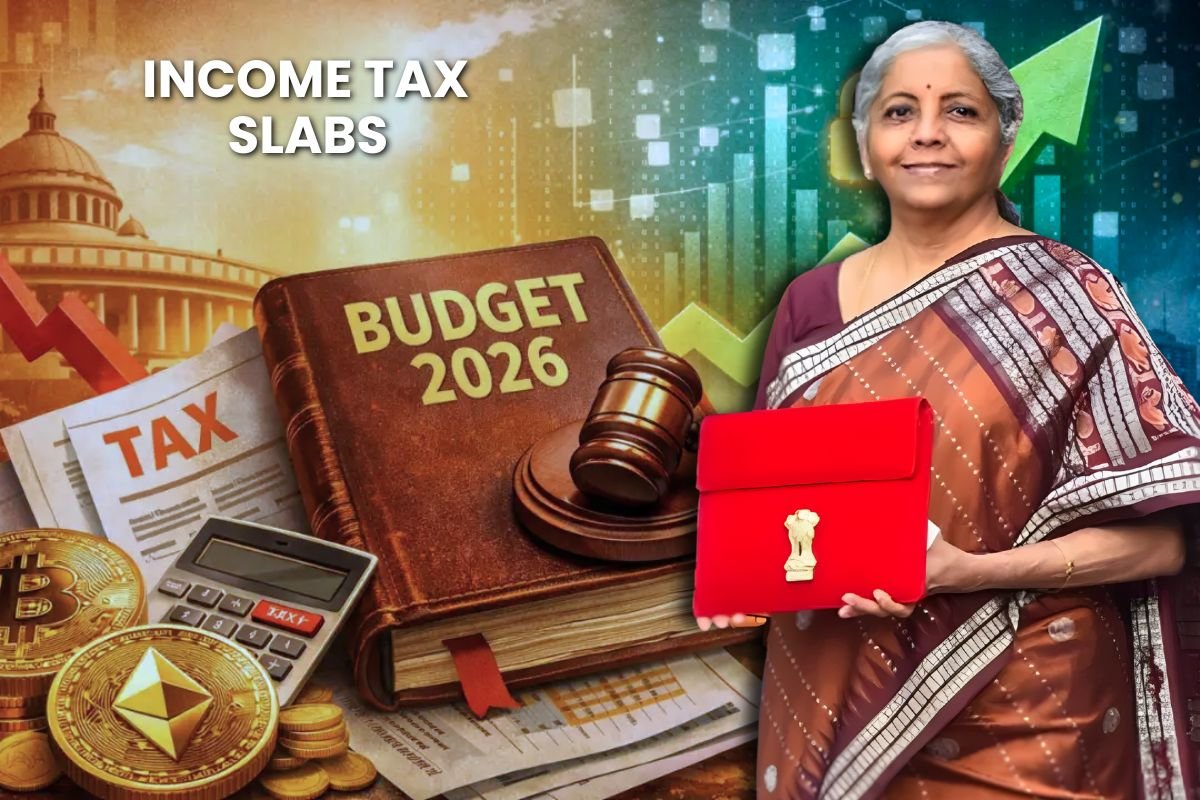In a significant move to position India as a global electric vehicle (EV) manufacturing hub, the Ministry of Heavy Industries launched an online application portal on June 24 under the India EV Manufacturing Policy, officially titled the Scheme to Promote Manufacturing of Electric Passenger Cars in India (SPMEPCI). This initiative is part of the government’s broader ‘Make in India’ and ‘Aatmanirbhar Bharat’ goals. The scheme was originally notified on June 2 and is now open for applications through the portal spmepci.heavyindustries.gov.in until October 21, 2025.
Union Minister HD Kumaraswamy, in a post on the social media platform X, expressed pride in the launch, highlighting that the scheme aims to boost domestic manufacturing, generate employment, and propel India toward becoming a global EV hub. He emphasized that the scheme aligns with India’s commitment to achieve Net Zero emissions by 2070, while fostering innovation-led sustainable economic growth.
Key Incentives and Eligibility Criteria Under the Scheme
The India EV Manufacturing Policy includes significant incentives to attract both global and domestic EV manufacturers. One of the major policy highlights includes a duty reduction of up to 15% on the import of 8,000 electric cars annually, priced at Rs 30 lakh or higher, provided the manufacturer commits to investing at least Rs 4,150 crore within three years to establish a local manufacturing plant.
To qualify for the scheme, applicants must belong to a group of companies with a minimum annual automotive manufacturing revenue of Rs 10,000 crore. Additionally, the revenue generated from fixed assets. These stringent benchmarks aim to attract only serious and capable players to India’s evolving EV ecosystem under the India EV Manufacturing Policy.
Minister Kumaraswamy described the initiative as a forward-looking policy designed to create a conducive environment for long-term investment in EV manufacturing, further strengthening India’s position in the next-generation automotive industry.
Global Interest and Strategic Considerations
While major global EV players like Tesla and China’s BYD are unlikely to manufacture in India under the current policy, other automakers such as Mercedes-Benz, Hyundai, Kia Motors, Skoda, and Volkswagen are expected to evaluate investment opportunities under the India EV Manufacturing Policy. Vietnam’s VinFast Auto has already commenced the construction of its manufacturing facility in India, signaling strong international interest.
Despite the positive outlook, the announcement led to a dip in the shares of domestic EV leaders Tata Motors and Mahindra & Mahindra on June 24, reflecting broader market sentiment and competition concerns.
Meanwhile, the Economic Survey 2025, presented by Chief Economic Adviser V Anantha Nageswaran, stressed the importance of indigenising the EV supply chain and promoting public transportation for a more efficient energy transition. Furthermore, the Global Trade Research Initiative (GTRI) highlighted India’s over-dependence on China for critical EV minerals such as lithium and cobalt. It urged the government to prioritize R&D in next-gen battery technologies a core aspect that the India EV Manufacturing Policy is expected to encourage through long-term strategic planning.
Through this strategic policy intervention, India hopes to not only meet its clean mobility goals but also emerge as a formidable player in the global EV landscape.
Visit Business Viewpoint Magazine to read more.








